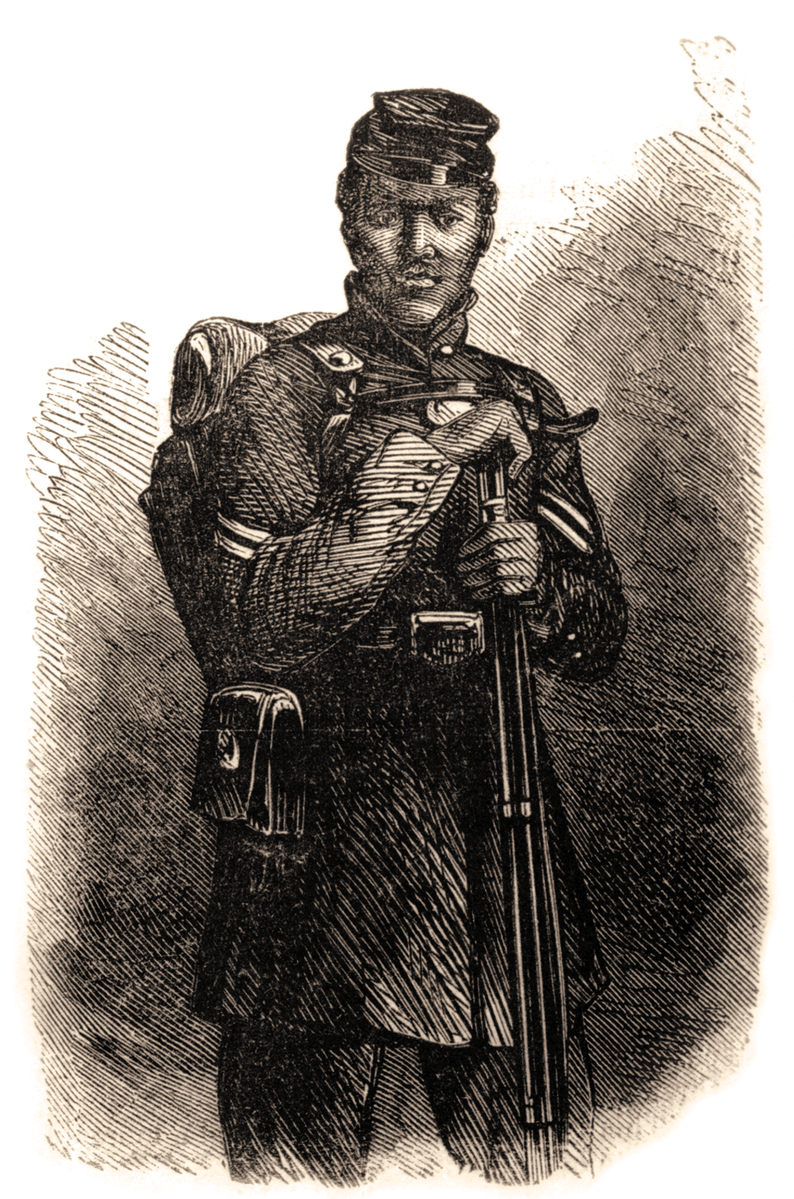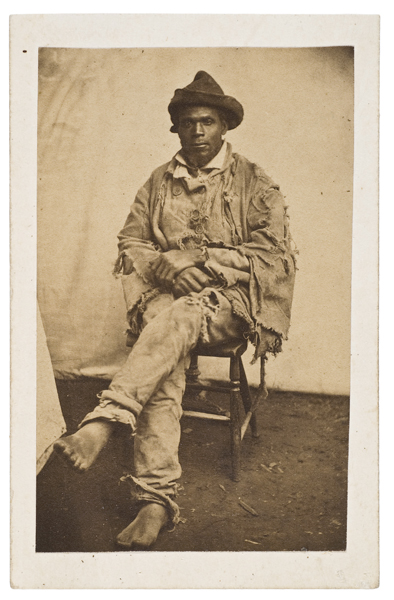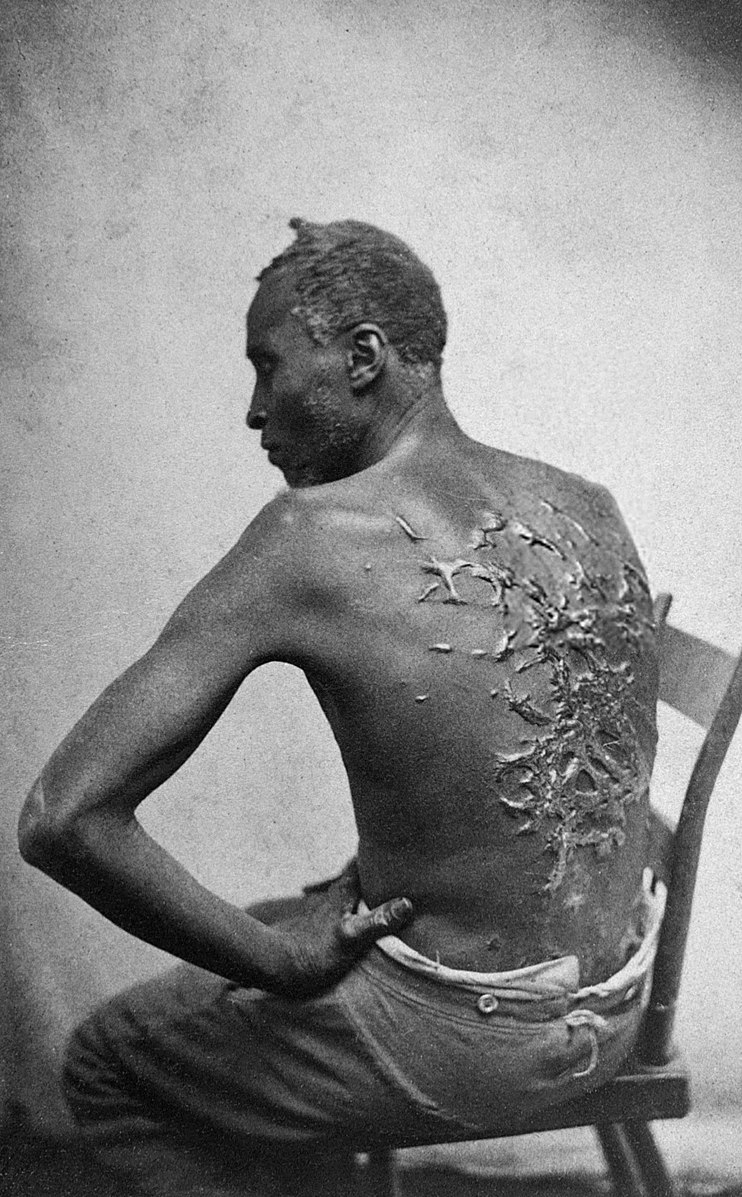Right now, my kids are obsessed with superheroes. They’ve got hero posters in their rooms, hero toys to play with, hero costumes for halloween. I’m pretty sure my 3-year old actually starting to channel the Hulk in his daily life, which is something we’re getting really concerned about.
It’s not just kids who are obsessed with heroes though. I saw this summer alone some $2 billion were spent on movies, half of which went to Disney movies, who, of course, is the whiz of mass-produced, imaginary heroes. That’s crazy.
We as a people are always on the lookout for heroes, people who can save us from our greatest perceived threats. That hero could be a man or a woman who will save you from loneliness or a politician who will save you from your fears or an employer who will save you from going broke.
This summer, we are studying the Songs of Ascent. The Songs of Ascent are a “playlist” of 15 psalms (Psalms 120-134) that ancient Israelites sang during their pilgrimage to worship God at the Temple in Jerusalem, three times a year (Deuteronomy 16:16-17). The journey was difficult and dangerous, and it became a metaphor for life in this broken world, which is difficult and dangerous. The songs of ascent put faithful language in the mouths of pilgrims for every season of life–whether good or bad. We’ve seen trust for times of fear, songs of lament for times of heartbreak, songs of praise for times of joy. Songs about wisdom, repentance, physical family, spiritual family. Today, we’ll see the one that anticipates Jesus.
The goal of the pilgrimage to the Jerusalem Temple was an encounter with the living God–where God’s love and truth breaks into our reality. The Temple (God’s house) was physical space for Israel to worship God and for God to shape Israel (aka spiritual + cultural renewal). At Calvary, our vision is to become an indispensable asset in the spiritual and cultural renewal of the Muskegon area–“a church for the community.”
We want to see people stirred up all across Muskegon to love God like He deserves and love their neighbors like themselves. But in order to be that tool in God’s hand, we need spiritual and cultural renewal ourselves. It begins with us! And what does that renewal look like? The songs of ascent give us language for that journey.
The question is…how is any of this possible? How can a holy God work in and through an unholy people? Where do we get off thinking that, at the end of our journey, when we encounter God, that He’ll want to have anything to do with us?
On our journey together, our encounter with God is totally dependent on someone else’s work.
Do we really think we can get to know God through our own abilities, our own reason, our own willpower? Do we really think God is impressed with our achievements, our goodness, our integrity? Nope. For ancient Israel, their encounter with God depended on King David, one of Israel’s greatest heroes. For Christians today, our encounter with God depends on another Hero named Jesus. That’s what Psalm 132 is about. It’s about how…
David and God’s commitment to one another created physical space for Israel to worship God and for God to shape Israel (aka spiritual + cultural renewal).
The first half of the psalm describes David’s commitment to God to establish the Temple. The second half of the psalm describes God’s commitment to David to establish the Temple.
A song of ascents.
Lord, remember David
and all his self-denial.
He swore an oath to the LORD,
he made a vow to the Mighty One of Jacob:
“I will not enter my house
or go to my bed,
I will allow no sleep to my eyes
or slumber to my eyelids,
till I find a place for the LORD,
a dwelling for the Mighty One of Jacob.” (Psalm 132:1-5 NIV)
Note that Israel calls God to remember, even praising David for his self-denial. Not his dashing good looks. Not his military genius. Not his winsome charisma. This psalm praises its hero for his self-denial! Self-denial is not exactly our favorite character quality. It hurts! If I want to be healthy, I have to deny myself double bacon cheeseburgers. If I want to have healthy relationships, I have to deny myself distractions and obstacles (like phones!) to the people around me. If I want to have sexual intimacy with my spouse (or a future spouse, if single), I must deny myself pornography. If I want to have financial peace, I must deny myself days off work and frivolous spending. Most of us get the payoff of self-denial, but few of us actual think it’s worth it.
David’s self-denial is evident in the fact that He desired to give God a “home” at all costs and with all haste. According to this psalm, David vowed not to go home or even sleep until he gets a house. This whole process took David years, so the vow is a metaphor. But the point remains. David exhausted himself to get God a house so that God would dwell among His people.
How did David deny himself to get God a house?
It’s essential to understand the history behind Psalm 132, which we just happened to read in our church-wide Bible reading plan earlier this month in 1 Chronicles. This is a great reason to personally engage the Bible every day. The Bible refers to other stories in the Bible, and unless you are reading it broadly, you will miss out on gold! Here are three ways David denied himself…
#1 David and his army risked their lives to capture Jerusalem (1 Chr 11:4-9).
When Israel first conquered the Promised Land, Jerusalem was one of the cities left unconquered. So, when David became king, one of the first things he did was to capture Jerusalem. Jerusalem was significant to the Israelites because it was the mountain where God had commanded Abraham to sacrifice his son Isaac yet provided a substitute–a ram–to die in Isaac’s place (Gen 22:2; 2 Chr 3:1). David and his army had a hard time taking Jerusalem because it was well-fortified but one of David’s commanders found a secret way in and took the city.
#2 David prioritized bringing the ark to Jerusalem (1 Chr 13; 15-16).
The ark of the covenant was a golden box approx 4½’ x 2½’ x 2½’ that was used to symbolize God’s presence. Many ancients carried their “idols” and “gods” around on a litter or “ark.” God wanted His people to be reassured by His presence but not to worship anything of their making, so God had them build this ark and carry it around without an idol/image. Israel carried the ark with them wherever they went, even into battle. Sadly, it had been abandoned by the previous king Saul and Israel for 20 years (1 Samuel 7:1-2). This dishonored the LORD by removing a key symbol of His leadership from Israel’s midst. It was King David who stepped up and called Israel to search for the ark, which you could call the ORIGINAL Raiders of the Lost Ark. Psalm 132 recalls the search…
We heard it in Ephrathah,
we came upon it in the fields of Jaar:
“Let us go to his dwelling place,
let us worship at his footstool, saying,
‘Arise, LORD, and come to your resting place,
you and the ark of your might.
May your priests be clothed with your righteousness;
may your faithful people sing for joy.’
For the sake of your servant David,
do not reject your anointed one.’” (132:6-10)
The “it” of verse 6 is the ark of the covenant. The search began in Ephrathah (another name for Bethlehem, David’s hometown, about 6 miles south of Jerusalem), and the ark itself was discovered in the fields of Jaar (also Kiriath-jearim), about 12 miles west of Jerusalem. When they found the ark, they carried it to an honored place in Jerusalem. This psalm, then, recounts a pilgrim scene. In the middle of the pilgrim psalms. This is the first-ever pilgrimage to worship the LORD in Jerusalem and is part of the inspiration for these regular pilgrimages to Jerusalem.
#3 David financed the construction of the Temple (1 Chr 21:18-22:19).
David bought the site of the future temple. He took “great pains” (1 Chr 22:14; same Hebrew root word as self-denial in Ps 132:1) to gather tons of gold, silver, bronze, iron, wood and stone. More than that, he hired contractors and construction workers and artists and commanded all Israel to get behind this project. Eventually, David’s son Solomon would build the Temple, and Israel would have a majestic place to worship God and hear His law.
David and God’s commitment to one another created physical space for Israel to worship God and for God to shape Israel (aka spiritual + cultural renewal).
Verses 1-10 demonstrate David’s commitment to God, but verse 11-18 demonstrate God’s commitment to David to build this space…
The LORD swore an oath to David,
a sure oath he will not revoke:
“One of your own descendants
I will place on your throne.
If your sons keep my covenant
and the statutes I teach them,
then their sons will sit
on your throne for ever and ever.” (132:11-12)
In 1 Chronicles 17, right after bringing the ark to Jerusalem, David asked God if he could build a “house” (that is, temple). God refused and instead promised to build David a “house” (that is, a dynasty). The heart of this promise or covenant is here in verses 11-12. God promised to always put one of David’s descendants on the throne and that that descendant would stay their as long as they obeyed God.
God’s promise to David and David’s descendants was irrevocable…it would never go away…but it was conditional for each generation. This month in our church-wide Bible reading plan, we’ve been reading about these descendants in 1-2 Chronicles: Solomon, Rehoboam, Abijah, Asa, Jehoshaphat, Jehoram, Ahaziah, Joash, Amaziah, Uzziah, Jotham, Ahaz, Hezekiah, Manasseh, Amon, Josiah, Jehoahaz, Jehoiakim, Jehoiachin, Zedekiah. Some were better than others, but, because they all ultimately disobey God, God takes the throne away. Israel’s heroes were failures. They needed, longed for a better King.
For the LORD has chosen Zion,
he has desired it for his dwelling, saying,
“This is my resting place for ever and ever;
here I will sit enthroned, for I have desired it.
I will bless her with abundant provisions;
her poor I will satisfy with food.
I will clothe her priests with salvation,
and her faithful people will ever sing for joy.
Here I will make a horn grow for David
and set up a lamp for my anointed one.
I will clothe his enemies with shame,
but his head will be adorned with a radiant crown.” (132:13-18)
The psalm closes by celebrating God’s promise to David and longing for a King who would once and for all establish space for spiritual and cultural renewal. This hero would be the anointed one (English), the messiah (Hebrew), the Christ (Greek), specially chosen by God and specially qualified to finish what God had started in David. Remember how…
David and God’s commitment to one another created physical space for Israel to worship God and for God to shape Israel (aka spiritual + cultural renewal).
David’s line failed until Jesus came, and in the New Testament, Jesus becomes the new David, the new hero!
Jesus and God’s commitment to one another creates SPIRITUAL space for the church to worship God and for God to shape the church (aka spiritual + cultural renewal).
Jesus accomplishes all David did and so much more through His own self-denial!!! How did Jesus deny Himself? He became a human being. He lived and ministered among the poor and vulnerable people of the world. He poured Himself out, even to the point of death on a cross for the glory of God and the forgiveness of sin. Therefore, God raised Him from the dead and exalted Him to be King of kings who rules over His spiritual temple, the Church. The Church is the spiritual space where God comes to earth, and we owe all this to Jesus.
So what?
Trust Jesus.
We rely totally on Jesus. We never forget Him. Neither does God. Jesus is our Hero forever. We have no hope or comfort or joy in life or death without Jesus and all He has done for us in His life, death, and resurrection.
Be happy.
In verses 9 and 16, the psalm describes how the people in the temple “sing for joy.” Having Jesus as our hero, knowing the One full of infinite grace, truth, and hope, gives us an inexhaustible source of joy for even the worst seasons of heartbreak and fear.
Do good.
In verse 9 and 16, the psalm also describes how the priests will be clothed with righteousness and salvation. The people of God who live and serve in the spiritual space Jesus creates have a calling to do what is right for the glory of God and the good of others. We lay our lives down as neighbors, as co-workers, as students, as spouses, as parents, as grandparents, as church members, as citizens, in cross-shaped service to our cross-shaped hero. In Mark 8:34, Jesus says, “Whoever wants to be my disciple must deny themselves and take up their cross and follow me.”
LORD, remember Jesus and all His self-denial…
Questions for Reflection and Discussion
Big Idea: On our journey together, our encounter with God is totally dependent on someone else’s work. David’s and God’s commitment to one another created physical space for Israel to worship God and for God to shape Israel (aka spiritual + cultural renewal). Jesus’ and God’s commitment to one another creates SPIRITUAL space for the church to worship God and for God to shape the church (aka spiritual + cultural renewal).
- Read Psalm 132:1-10. In what ways did David deny himself in order to get God a house (see 1 Chronicles 11, 13, 15-16, 21-22 for the background)? In verses 8-9, what is the hopeful effect of the Temple? In verse 10, what is the heart of the psalmist’s request to God?
- Read Psalm 132:11-18. What does God do for David in response to David’s passion to build a house for God?
- How does David foreshadow Jesus in this psalm? How does Jesus show His commitment to God and how does God show His commitment to Jesus? What effect does this have on us? What is one practical thing you need to do as a result of this study?




